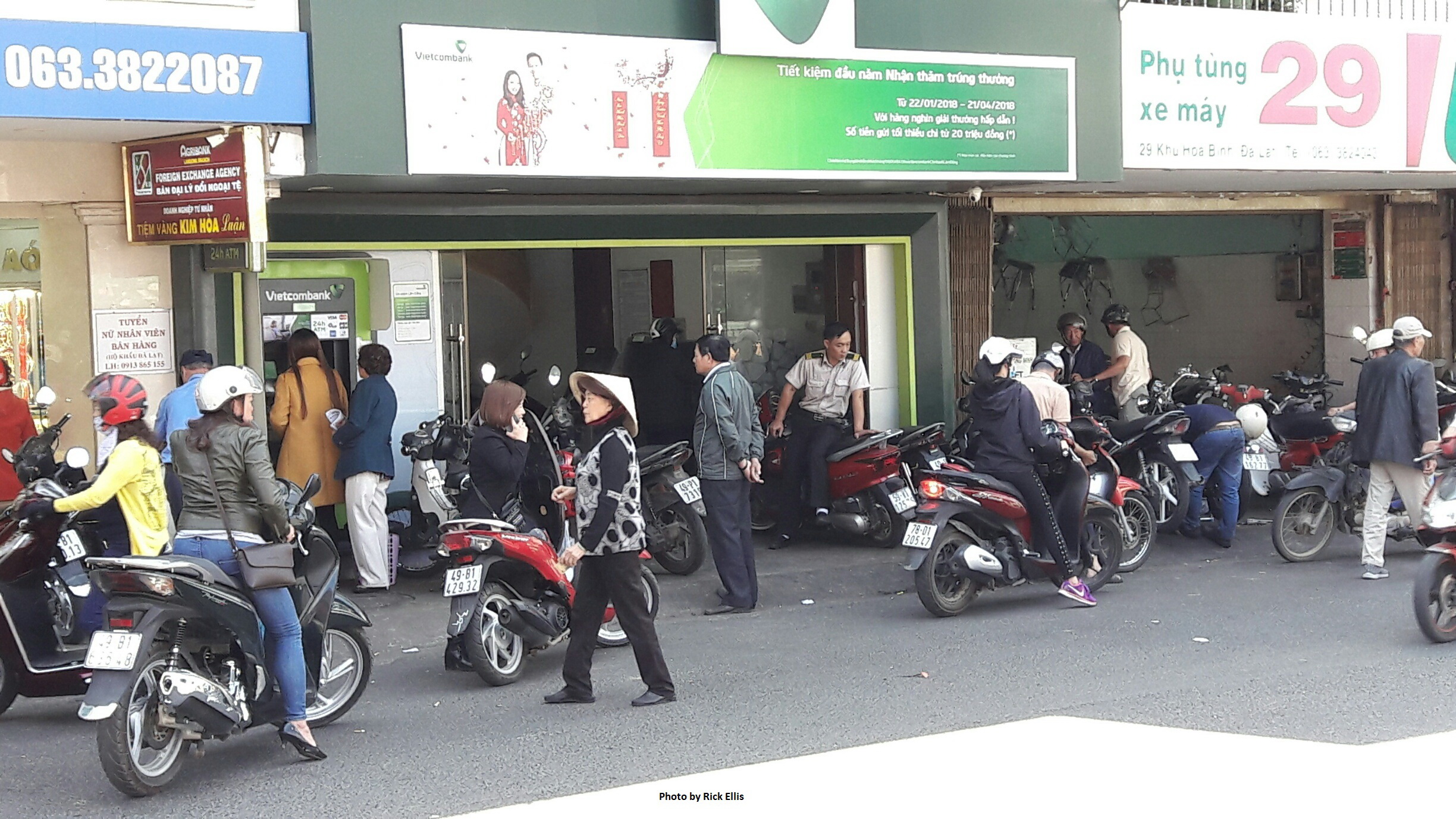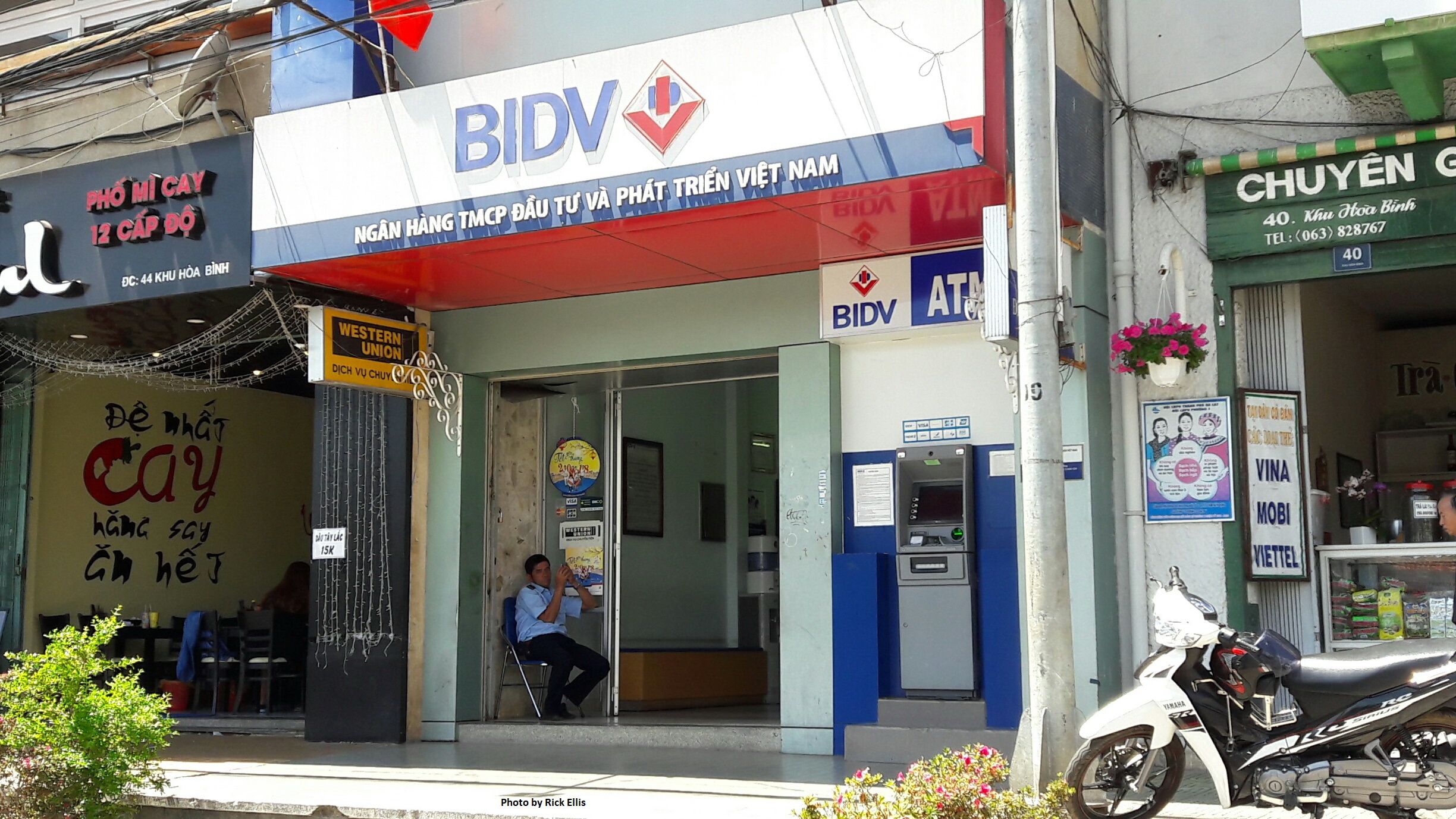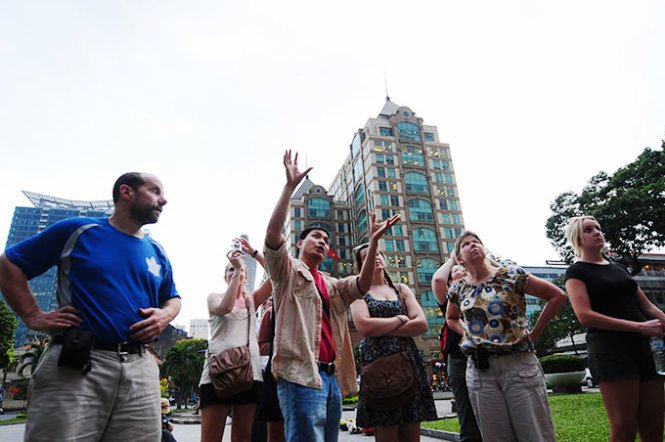Vietnam just completed another record year of tourism success in 2017, welcoming 30 percent more visitors than in 2016 and hitting 13 million arrivals for the year, far exceeding the original target of 11.5 million visitors.
2016 was already impressive because arrivals hit 10 million for the first time ever, registering a 25 percent increase in arrivals over 2015.
If the current rate of increase continues, Vietnam will welcome over 20 million visitors in 2019.
That’s fantastic, right? Businesses are succeeding and expanding, people are moving up the ladder and motivated, so the tourist experience will just keep getting better!
There will be more roads, flights, bigger and better airports, tourist sites developed, more options for dining and entertainment – you name it and it will get bigger and better.
Almost everything will get better as Vietnam grows and expands, but some things will get worse. The two biggest urban areas – Ho Chi Minh City and Hanoi – are already busy bordering hectic and bound to be more so in future.
We see daily reports of drive-by snatchings, pickpockets, and petty crime, just like any other big megacities in the region and worldwide. Ho Chi Minh City has over 8.5 million motorbikes clogging its roads, typical of any megacity in Southeast Asia.
No cause for alarm just yet: Vietnam has a stronger sense of law and order and police presence compared to many developing countries so no cause for great concern. Vietnam is one of the safest countries I’ve ever visited.
But, as we see those tourist numbers keep going through the roof, now is a great opportunity for us to do a cash, security, and safety tune-up so we can travel feeling confident that our belongings are safe. After all, there is no such thing as “too safe,” right?
The theme here is to eliminate risks where possible, but at least minimize them wherever possible:
1. ATM usage:
Always use an ATM that’s inside a bank branch or part of the bank building and use it during opening hours. Show up at an ATM at midnight after an evening of partying and you’re looking for trouble.
By using an ATM machine inside or attached to a bank you minimize the risk of card skimming or snatch/grab because the ATM machines inside are the most modern and well-maintained and every bank has security personnel present.
Also, should your card get eaten, you can try to get it back, which I was able to do one time when I suddenly forgot my PIN code for the first time ever.
Not long ago I transposed a couple of the digits of my PIN, got an error message, and suddenly my mind went blank. I panicked and made two more attempts to enter the correct PIN code without success, so my card was eaten by the ATM machine upon the third failure. These instances are very rare but they happen.
Fortunately, bank management was most helpful and returned my card when I returned with a passport in hand.
Check out these two ATM scenarios below. It’s a low risk, broad daylight situation, but it’s worth having a look around at the options available:
 |
| This ATM is part of the bank building, but there are many people in the area. Security guard present but there is plenty to distract him. Best to avoid it. |
 |
| This ATM one block away is perfect - it’s part of the bank building and there is a security guard right there! It’s worth 5 minutes walking around to find the best ATM available. |
It pays to manage your cash a few days into the future, striking the balance between having enough cash but not going overboard and risking the loss of large amounts that you’re carrying around.
Watch the calendar carefully and plan around long holiday periods such as Tet when banks are closed for several days or more at a time. When going abroad consider Ramadan and Buddhist New Year among other big events.
2. Back up your PIN codes safely
You just saw above how easy it is to forget a PIN code, so always have it backed-up so you can access from anywhere using the Internet.
Create a fictitious contact on your smartphone that is synched to your main email account so you can access from anywhere you can get the Internet.
Use a contact that could never exist in real life to eliminate any confusion – e.g. a deceased person – then embed your PIN code in the phone number you use. To anyone else it looks like a typical phone number but for you it will be easy to spot your PIN code hiding in the string of numbers.
Confirm that the synch function between your smartphone and Yahoo or Google or whichever main email application you use is working by testing carefully. Make an update to a phone contact and check it on your main email account later to make sure the update was transferred from your phone.
This way you have two back-ups: one on smartphones and another in emails, so even if you can’t access your phone all you need to do is get on the Internet.
When I forgot my PIN code in the above scene, I should have cancelled the transaction and checked the PIN on my smartphone or gone back to my room to check the back-up, but I was sure on the second and third attempts that the code was correct.
After that the card was eaten by the ATM and it was too late. Big mistake that could have been avoided!
3. Don’t take your ATM card everywhere you go
Never carry your ATM card around unnecessarily. Take it with you, go to the bank, get cash, return it to your room as soon as possible.
Your passport and ATM card are the most valuable possessions you have when travelling, so always minimize the risk of losing them.
4. Have a friend trained and ready back home
Financial institutions are equipped to replace ATM and credit cards on short notice, but also make sure you have a buddy at home who can receive and forward a replacement card to you overseas.
5. Always have a back-up cash solution
Always have a back-up for your ATM, e.g. a credit line and a PIN for your credit card in case of emergency. You’ll pay high interest so only use this solution if you’re really stuck…..
6. Back up the back-ups
Be prepared for the worst-case scenario which would be that you cannot get cash using your ATM or credit card because they’ve been lost or stolen.
There are lots of options popping up in this space – prepaid debit cards are available, a great idea for the traveller. You can store up to five different currencies on one card for trips to multiple countries.
Always store your back-up in a different bag from your main ATM card so it’s difficult to lose both in one incident. For example, if you have one passport, one ATM, and one credit card, keep the ATM and passport in one bag and a copy of the passport and the credit card in another.
Then if you also have a prepaid ATM, you can keep it right on your person, so if both those bags above disappear, you’re still covered.
7. Don’t keep large current account bank balances
There are incidents of thieves cloning cards and increasing daily ATM withdrawal limits, then stealing large amounts of cash from accounts with large balances.
Don’t keep more than you need in your current account (that which you use for ATM withdrawals), better keep most of your cash in a non-current account from which you can transfer on short notice.
8. Keep online copies of your credit and ATM cards
Keep photographs of both sides of your cards somewhere secure on the Internet – e.g. in an email account.
Never keep photos of the cards on your smartphone: anyone holding the credit card number, cardholder name, expiry date, and CVV code on the back can purchase on the Internet without a signature.
This point is critical because if you don’t have access to the physical card (e.g. in the case of lost luggage) but it hasn’t been stolen, all you need to do is get Internet access and you can book a hotel room and airplane tickets online using the credit card you stored online. That could be a life saver when you’re stuck abroad!
If you’re using an ATM card for the first time overseas, be sure to take several days’ expenses in cash in case there is a glitch with the card. First thing to do after getting off the airplane is to make a withdrawal to be sure your ATM is activated for international use.



















































